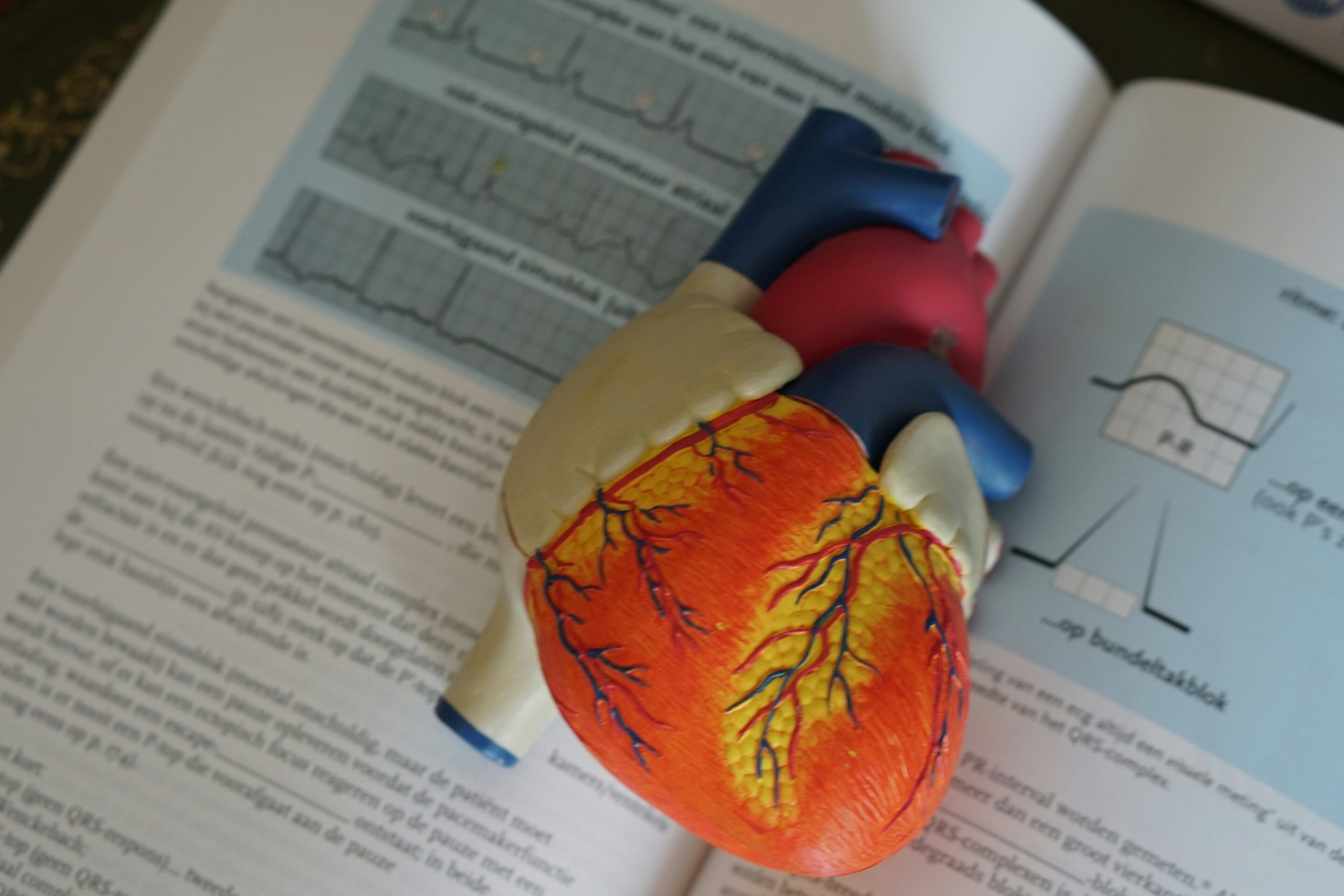For people with ischemic stroke, treatment with the clot-busting drug tenecteplase is associated with a slightly higher likelihood of an excellent recovery and reduced disability three months later than the drug alteplase, according to a meta-analysis published in the October 16, 2024, online issue of Neurology®, the medical journal of the American Academy of Neurology. Researchers found that the likelihood of good recovery was similar between the two treatments.
Ischemic stroke is caused by a blockage of blood flow to the brain and is the most common type of stroke.
Alteplase is the only drug approved by the U.S. Food and Drug Administration (FDA) for ischemic stroke. Tenecteplase, a newer clot-busting drug, is approved for treatment of ischemic stroke in Europe but not in the U.S. It is approved in the U.S. for treating clots blocking coronary arteries and is used off-label for ischemic stroke at some stroke centers.
“When a person has an ischemic stroke, they may be treated with either tenecteplase or alteplase,” said study author Georgios Tsivgoulis MD, PhD, MSc, of the National and Kapodistrian University of Athens in Greece and a Fellow of the American Academy of Neurology. “While treatment with either drug increases the chances of a good recovery after stroke, we found people who were given tenecteplase were more likely to have an excellent recovery.”
For the meta-analysis, researchers reviewed 11 studies that compared the safety and efficacy of treatment with tenecteplase or alteplase within four-and-a-half hours after having a stroke. In those studies, 3,788 people were treated with tenecteplase and 3,757 people were treated with alteplase.
Researchers examined participants’ recovery after three months. They used a scale with a score of zero to six where zero represents no symptoms and six represents death. An excellent recovery was defined as a score of zero to one where one represents no significant disability despite some symptoms. A good recovery was defined as a score of zero to two where two represents slight disability when someone is unable to do all previous tasks but can take care of themselves without help. Reduced disability was defined as a drop of one point or more on the scale at three months.
Researchers found people who were given tenecteplase had a 5% higher likelihood of excellent recovery than people who were given alteplase, as well as a 10% higher likelihood of reduced disability three months after stroke. The chances of a good recovery were similar for both groups.
“Our meta-analysis shows that while both drugs have similar safety and increase the chances of good recovery after stroke, tenecteplase is superior to alteplase with a greater chance of excellent recovery and reduced disability,” said Tsivgoulis. “Our findings support using tenecteplase over alteplase when treating people for ischemic stroke.”
A limitation of the meta-analysis was that while it looked at all available randomized-controlled clinical trials on tenecteplase and alteplase, three of the 11 studies were presented at scientific conferences but not yet published in a scientific journal.

